Like all PhD programs, research is at the heart of the Johns Hopkins BME doctorate. Although research in the Hopkins BME PhD program falls broadly into the seven core focus areas described below, there is extensive overlap between these areas. Most of the research in the BME program is highly interdisciplinary, and our students form strong research collaborations with scientists, engineers, and clinicians from Johns Hopkins University and leading academic institutions from around the world.
Research and Training Areas

Biomedical Data Science
Extract knowledge from biomedical datasets of all sizes to understand and solve health-related problems.
Learn More 
Computational Medicine
Generate solutions in personalized medicine by building and utilizing computational models of health and disease.
Learn More 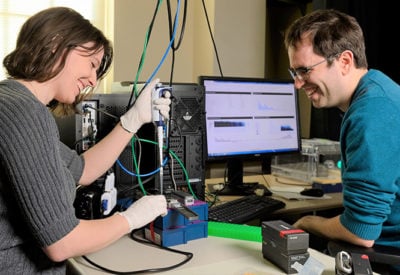
Genomics & Systems Biology
Create tools to understand the multi-scaled genetic, molecular, and cellular components of disease.
Learn More 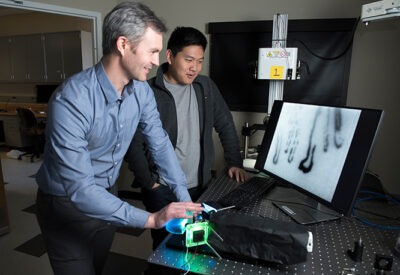
Imaging & Medical Devices
Build new imaging technologies to improve disease diagnosis and guide clinical procedures
Learn More 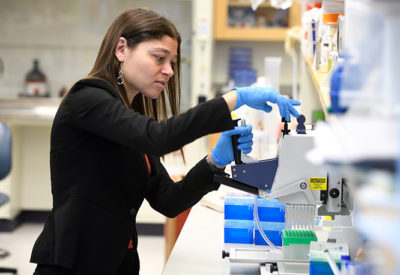
Immunoengineering
Harness the power of the immune system to treat diseases such as cancer and promote tissue regeneration for improved healing and repair.
Learn More 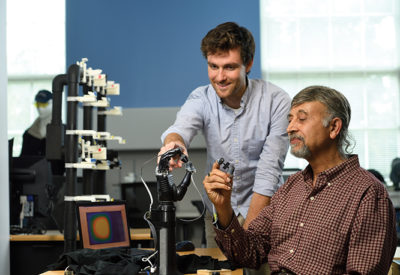
Neuroengineering
Apply innovative experimental and data-driven approaches to understand, diagnose, and treat disorders of the brain.
Learn More 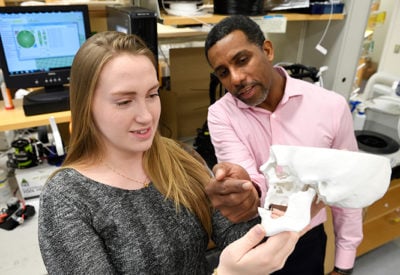
Translational Cell & Tissue Engineering
Develop and translate advanced technologies to enhance and restore function at the molecular, cellular, and tissue levels.
Learn More 